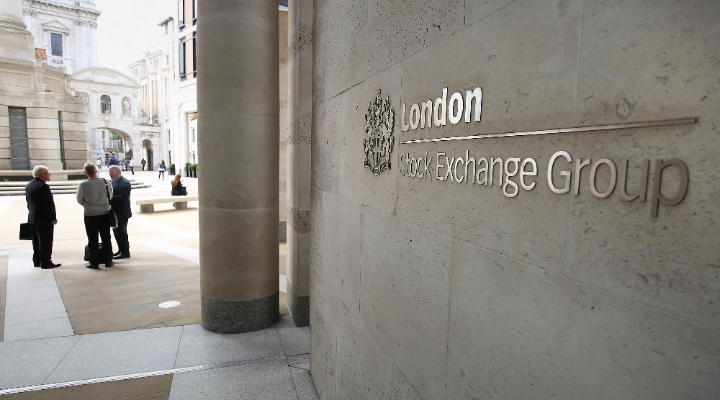
Finsbury Growth & Income Trust (FGT) fund manager Nick Train has made his first new buy for the portfolio in three years, investing in drinks maker Fever-Tree, he revealed to investors at the company’s Annual General Meeting.
The manager is known for his “buy-and-hold” ethos and rarely adds news names into his concentrated investment portfolios. As a result, any new purchases often make investors sit up and take notice: last year Train bought into Italian fashion house Prada via his Silver-rated Lindsell Train Global Equity fund, which he runs with James Bullock and Michael Lindsell, with whom he set up Lindsell Train. It was the trust's first purchase in two years.
"Every so often we do come across a new idea that we find compelling and irrestible," Train says of Fevertree and fellow new entrant PZ Cussons. "These two companies are classic Lindsell Train ideas - they both have excellent brands."
The Finsbury Trust has a concentrated portfolio and the additions of Fever-Tree and soapmaker PZ Cussons bring the select list to just 22 names, which include London Stock Exchange, Unilever and Diageo. PZ Cussons makes up 0.3% of the Finsbury portfolio currently, and Train will look to steadily build up his stake.
Despite the new additions, Train will maintain his "buy and hold" strategy of investing; he points to the strong share price of London Stock Exchange as an example of why this strategy works. The biggest holding in the portfolio, accounting for 11% of assets, LSE shares have climbed from 399p when he bought then in 2001 to £78.36 today - a rise of 1,863%. “Strong companies can and do get stronger over time, and become more valuable over time,” says Train.
On the temptation to take profits after such a strong run, Train said “we will carry on running our winners”. “Running winners gives the potential for acceptable returns as long as you don't have too many long-term losers,” he added.
Pearson, whose share price at 568p is lower than the 791p at which he bought it in 2002, was given an example of a “loser” by Train but he’s sticking with the struggling educational publisher as it transforms itself into a digital business. Indeed, the manager defended his “don’t sell” policy to investors, particularly with regard to struggling education group Pearson. He describes the decision to sell any company as “impossible” for investors, because by nature they can’t see into the future.
Fever-Tree Shares Up 2,782%
Tonic and mixers company Fever-Tree has been a stock market darling since it floated and has raised the profile of the Alternative Investment Market (Aim) among retail investors on the look out for the “next big thing”. Train is fond of so-called 10-baggers, an elite club of companies whose share price has risen tenfold. Fevertree, at its peak, was a near 30-bagger – its share price soared from 134p when it listed on the stock market to a peak of £38.63, an incredible gain of 2,782%.
But recently the company has found itself out of favour with the City and shares have slumped from £20 at the start of 2020 to £12.50 after a profit warning. But Train defended the decision to buy Fevertree after a turbulent period for the shares. “Buying anything for the first time, there is a leap in the dark. But you can never be sure that you will kick yourself for not having bought it.” He hopes that the drinks major will be a “multi-decade, multi-factor opportunity” like Diageo, Unilever and LSE.
While Train remains confident in his concentrated approach to investing, his open-ended Lindsell Train UK Equity fund was downgraded by Morningstar analysts at the end of 2019, from Gold to Bronze, amid liquidity concerns. His Finsbury Growth & Income Trust, meanwhile, was downgraded one notch to Silver. Analysts are concerned that the growing size of the trust restricts its investment universe, which could hamper performance in the future. Still, the trust has been one of the best-performing UK investment trusts over the past 10 years, delivering annualised returns of 15.53% over the period.




























